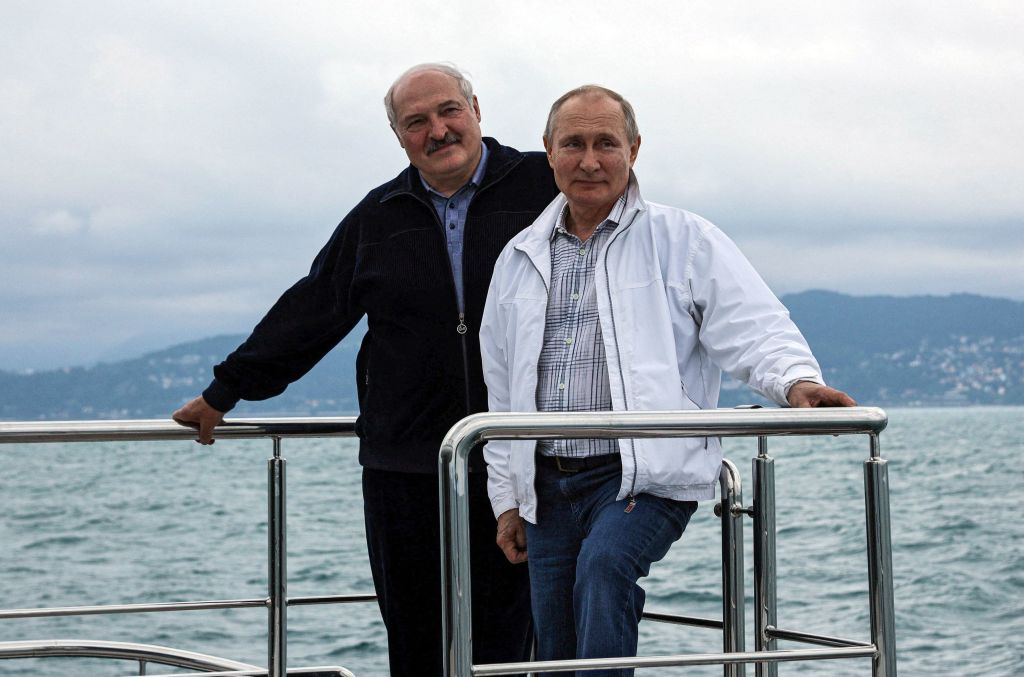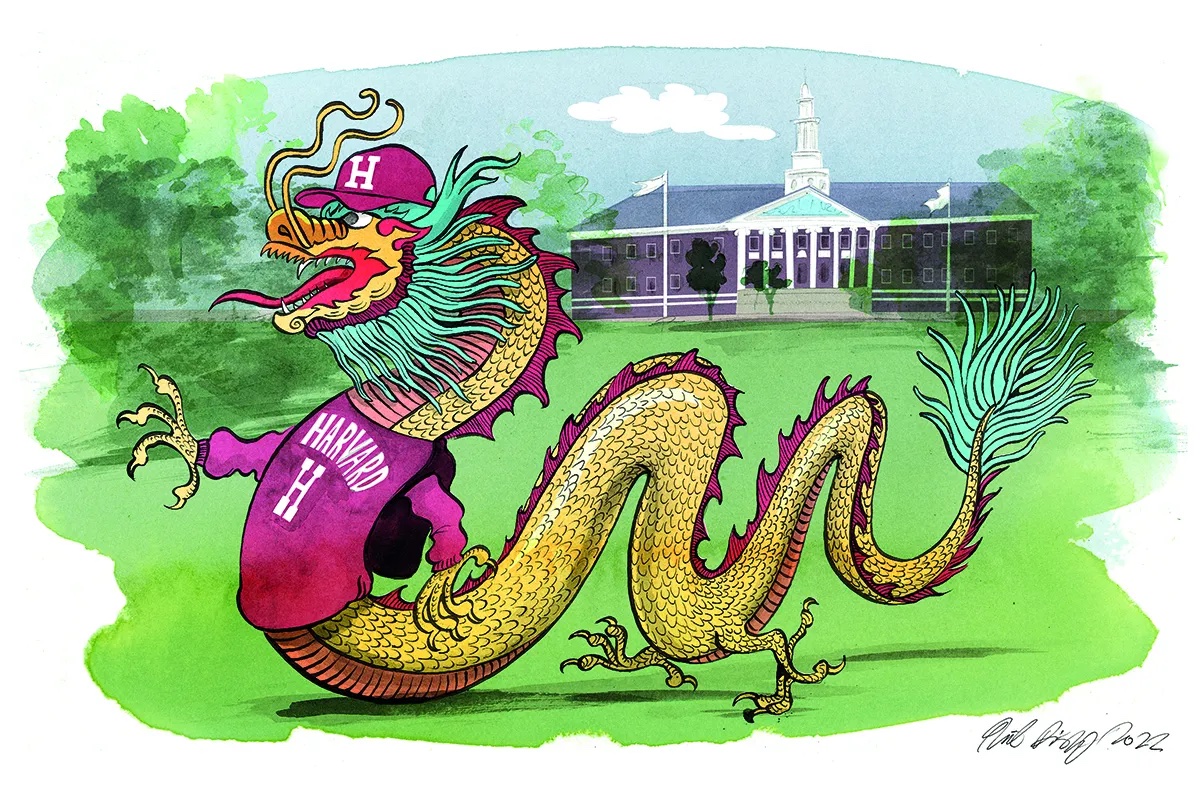Belarus’s president Alexander Lukashenko has been roundly condemned following the arrest of Roman Protasevich, but he still has one ally. Lukashenko spent the weekend at Sochi, on the Black Sea, where he was hosted on President Vladimir Putin’s yacht. The two leaders greeted each other with a hug. After dolphin spotting, the pair wrapped up a deal on the release of a $500 million loan to Belarus which will help blunt the effect of fresh western sanctions. The announcement followed a celebration in Minsk earlier in the week for the 100th anniversary of the Chinese Communist party, where Ambassador Xie Xiaoyong lauded the bilateral relationship between China and Belarus.
As ever, Beijing and Moscow are stepping in to support a regime falling foul of the West. China and Russia have long acted in a sort of harmony together on the world stage. They back each other up in the UN Security Council and have a similar outlook on the world, fearing messy democratization driven by western governments and NGOs.
But underlying this is a tension; the two countries have a common aim, yet they still distrust each other. Russia, in particular, fears the way the scales in their relationship have increasingly tipped in Beijing’s favor. Beijing, in turn, worries about Moscow’s reliability, fearing it might abruptly turn westward.
There are also tensions in China and Russia’s choice of allies. Russia has long been an arms supplier to countries like Vietnam and India who both have contentious relationships with China. Beijing has increasingly developed relationships with numerous former Soviet states, slowly winning over their economic favor to Moscow’s detriment. But both China and Russia are increasingly lining up together behind powers that are in conflict with the West.
Belarus is the latest example of this. As the EU, UK and US all pile in with sanctions, Moscow speeds up loans and Beijing emphasizes its Belt and Road investment. Another recent example can be found in Myanmar. In the wake of the military junta’s coup in February and the subsequent crackdown, the EU, UK and US weighed in with sanctions. China’s response was to lobby regional bodies like ASEAN to not condemn the coup, demand that their companies operating in Myanmar be protected from assault and get approval for a $2.5 billion natural gas project. Russia followed with more focused military support; Russian generals were among the few foreigners attending the national military day parade soon after the takeover, while Russian deputy defense minister was the first senior foreign official to visit the country in the wake of the coup.
Other autocratic countries like Iran have long been supported by both China and Russia. While it is a remarkably delicate economic dance (all are ultimately, to varying degrees, fearful of the secondary impact of the aggressive US sanctions on Tehran), the security politics and dynamics have always worked closely together. The three have cooperated closely in intelligence terms, sharing experiences and information about their common foe: the Americans. Iran, Russia and China have held military exercises together in the waters of the Gulf; all three are ardent supporters of Syria’s despotic president Bashar al-Assad.
As for their responses to COVID-19, Russia and China have also been quick to coordinate their messaging. Both have highlighted western failings and made great hay of their collective push to offer their vaccines around the world.
Their messaging more generally is also increasingly similar to each other’s. The Russian Ministry of Foreign Affairs has long perfected the art of dissimulation and a nudge-nudge, wink-wink approach when commenting on international affairs. Deny everything and accept nothing is the usual approach. This is a playbook increasingly emulated by the Chinese Ministry of Foreign Affairs, whose so-called ‘Wolf Warrior’ diplomacy is, in fact, a carbon copy of Kremlin megaphone diplomacy. Broadcasting marginal western voices as though they are reflective of the mainstream, pushing back on every assertion made that can appear derogatory and denying verifiable facts vehemently are also useful tools. All of these rhetorical methods are ones that used to be alien to the traditionally staid and bland Chinese MFA, but are now a regular feature of their repertoire.
This growing coordination is new and is reflective of a relationship that is getting closer. While previously, it was possible to find and pick at fissures in the Sino-Russian relationship, these gaps are closing and the more salient question now is the degree to which they might be coordinating their actions.
Their goal seems not only to bolster each other, but also to gradually strengthen a network of strategic alliances around the world which will support them in their broader confrontation with the West. Once a leader falls foul of the western alliance for whatever reason, Beijing and Moscow quickly step right in to fill the vacuum. While this might seem to be bringing them more unreliable and expensive allies than useful support, it is, in fact, strengthening their hand by giving them more cards to play and expanding the network of nations that stand behind them rather than the west. This means more votes in the UN and other international institutions, and validating their strongman approach to governance on the world stage.
Beijing and Moscow are no longer simply an axis of convenience. Increasingly they are developing an alliance of autocracy whose sole purpose is to challenge the western order.
This article was originally published on The Spectator’s UK website.

























